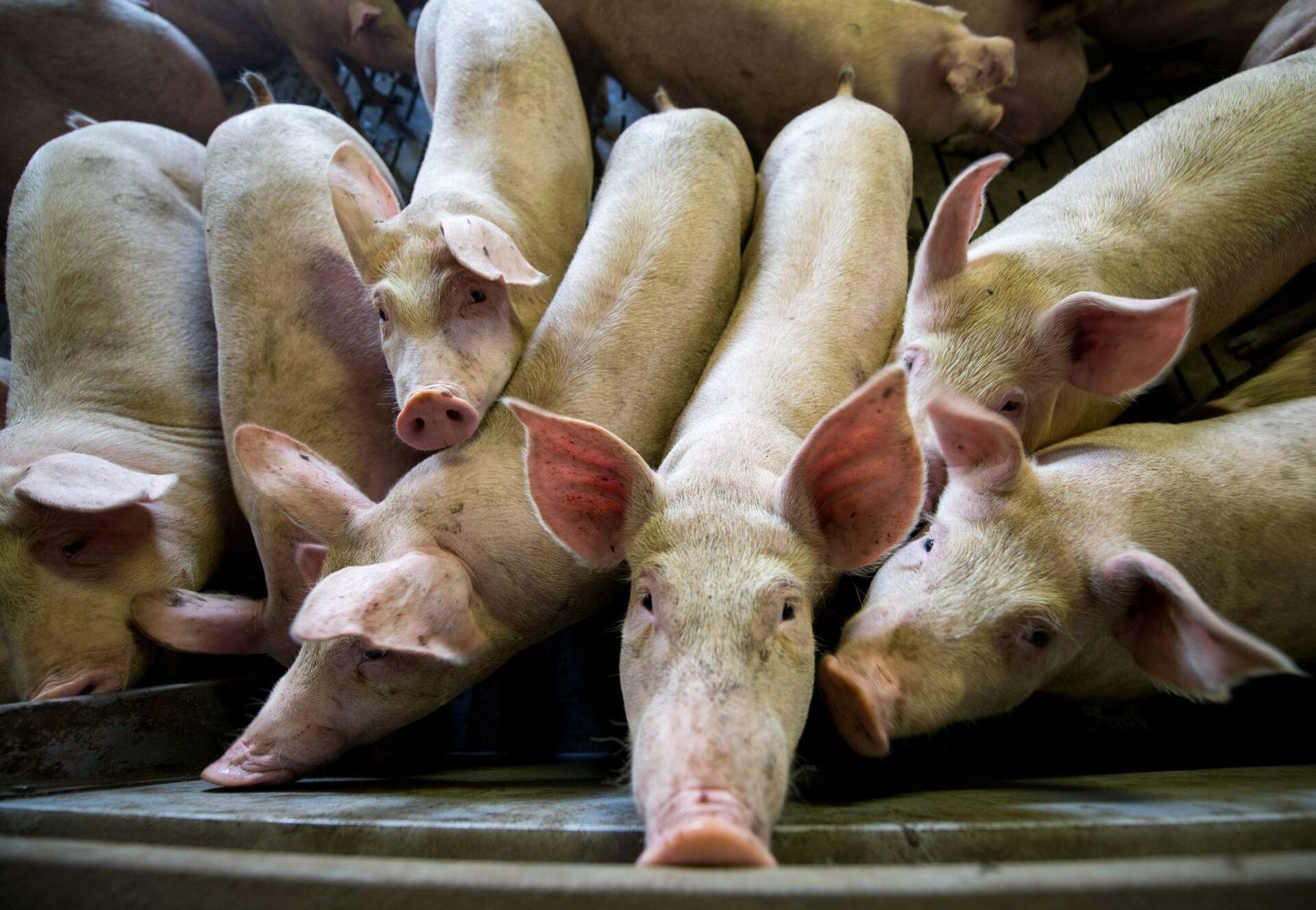
Why are farm animals treated differently?
Have you ever wondered why we treat some animals as our friends and others as food?
From millions of different species in existence, only a handful are chosen as food. Each culture defines which animals are ‘acceptable’ to consume, whilst others labelled as disgusting or even offensive to eat. For example, cows wouldn’t be eaten in certain parts of the world due to the countries’ own belief system, but chickens would be. In other parts of the world, such as in the West, dogs would never be seen as food but pigs, cows and chickens would be. This suggests that eating certain species and not others is based on choices, which stems from a belief system where it’s a ‘given’ to see some animals as food and others not.
It is already proven that animals are sentient beings, meaning they are responsive to, or conscious of sense impressions and feel pain. Farm animals, which are often undervalued, can be in distress and show signs of fear and emotions too, just as we do, as well as other more commonly favoured animals. So, why are we eating them?
In our society, eating these animals is the norm. Farmed animals, such as cows, pigs and chickens are often not seen as animals in our daily lives, but as food. Especially in highly processed products such as sausages, burgers or schnitzel, the relationship to animals is removed so much from the marketing process, that it becomes easy for people to not think of the origin of the food.
It has become natural for many to continue doing so without being aware of the impact it has on the animals, the climate or even our health.
Environmental impact of meat production
The production of meat and other animal products places a heavy burden on the planet, from crops and water required to feed the animals, to the transport and other processes involved on the way from factory to plate.
Read more about this topic: Environmental Impact of Meat Consumption.
Environmental impact of meat production

The vast amount of grain feed required for meat production is also a significant cause of deforestation, habitat loss and species extinction.
FOUR PAWS is committed to farmed animals in order to improve the lives of animals in intensive animal husbandry.
Until the lives of animals are made a priority, we can follow a more compassionate diet by refining our food choices, reducing our meat, dairy and egg consumption and ultimately opt for a plant-based diet - the most animal-friendly diet of them all. The more we become aware of how similar farmed animals are to our more ‘favoured’ animals, the more we are able to make the connection and make better conscious food choices.
Read more about: Animal Welfare and Nutrition.
Note: Any advertisements that may appear during the viewing of this video are unrelated to FOUR PAWS. We assume no liability for this content.
